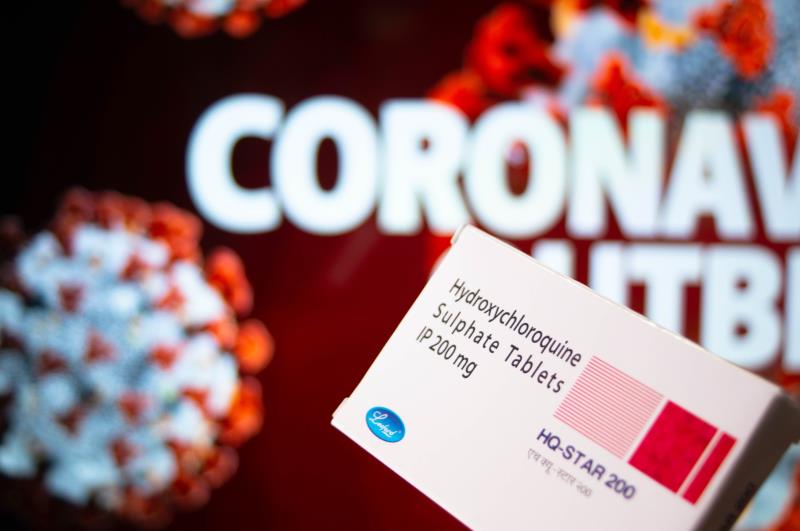Hydroxychloroquine may yet be useful in treatment of COVID-19




 Hydroxychloroquine may yet save lives in the fight against COVID-19
Hydroxychloroquine may yet save lives in the fight against COVID-19The recent controversies surrounding hydroxychloroquine—including fraudulent data, unjustified extrapolation and exaggerated safety concerns—coupled with intense politicization and negative publicity, may prevent the medication from saving thousands of lives, say researchers.
The concerns may interfere with the only large scale global clinical trial of hydroxychloroquine in prevention of COVID-19 infection—the COPCOV* trial. The trial is led by the University of Oxford and Wellcome supported Mahidol Oxford Tropical Medicine Research Unit (MORU), which is based in Bangkok. Wellcome Trust is a politically and financially independent foundation with wide-ranging interests which funds various studies worldwide.
The COPCOV study is relevant because there is no guarantee that a widely available vaccine against COVID-19 will be available any time soon. “Despite all the publicity, we still do not know if hydroxychloroquine can prevent COVID-19, but it’s really important that we find out, one way or the other. The only way to do this is to enroll a large number of participants in randomized controlled trials like COPCOV,” said Sir Jeremy Farrar, director of the Wellcome Trust.
Although prevention studies have been conducted on hydroxychloroquine, they were too small to provide conclusive evidence.
According to Dr Will Schilling, co-principal investigator of the study, it is not known if hydroxychloroquine is effective in prevention or as very early treatment of COVID-19. “That question remains unanswered. The benefits found in small post-exposure treatment trials, although modest, could be very valuable if they were confirmed,” he said.
Patients are admitted to hospitals for COVID-19 when the virus has already multiplied and past its peak. By this time, inflammation in the lungs and other complications may arise which could prove lethal, said Professor Nicholas Day, MORU’s director. At this point, only dexamethasone can help save lives by reducing inflammation, but chloroquine and hydroxychloroquine is no longer effective. That said, it does not rule out the possibility that those two compounds can be helpful much earlier in the course of illness, said Day. “Prevention is much easier than cure. The COPCOV study will find out of these drugs can prevent COVID-19 or not.”
Professor Nick White, professor of tropical medicine at Mahidol University, Bangkok, and COPCOV co-principal investigator, said both chloroquine and hydroxychloroquine have over 6 decades of good safety record in the treatment of malaria and rheumatological conditions. He said: “Concerns that they might cause heart arrhythmias are not supported by the evidence from the randomized trials in COVID-19, and in rheumatological conditions hydroxychloroquine has actually been shown to reduce the risk of heart arrhythmias. There is very strong evidence that the doses being evaluated for prevention in the COPCOV study are safe.”
About COPCOV
The COPCOV trial is a double-blind, randomized, placebo-controlled global study which aims to enroll 40,000 healthcare workers with close contact to COVID-19 patients to determine if hydroxychloroquine and chloroquine can prevent COVID-19 infection.
The study will randomize half the participants to receive the drug, with the other half receiving placebo. Neither the local study team nor the participants will know which group they belong to. Additionally, all participants will follow the usual precautions for protection against COVID-19.
Participants will take the drugs every day for 3 months. During this time, they will be followed closely to monitor their tolerance to the medication, whether they contract COVID-19, and if they do, whether they go on to develop mild or severe disease. Participants who contract COVID-19 will be treated according to their healthcare facility’s treatment guidelines.
*COPCOV: Chloroquine/ hydroxychloroquine prevention of coronavirus disease (COVID-19) in the healthcare setting